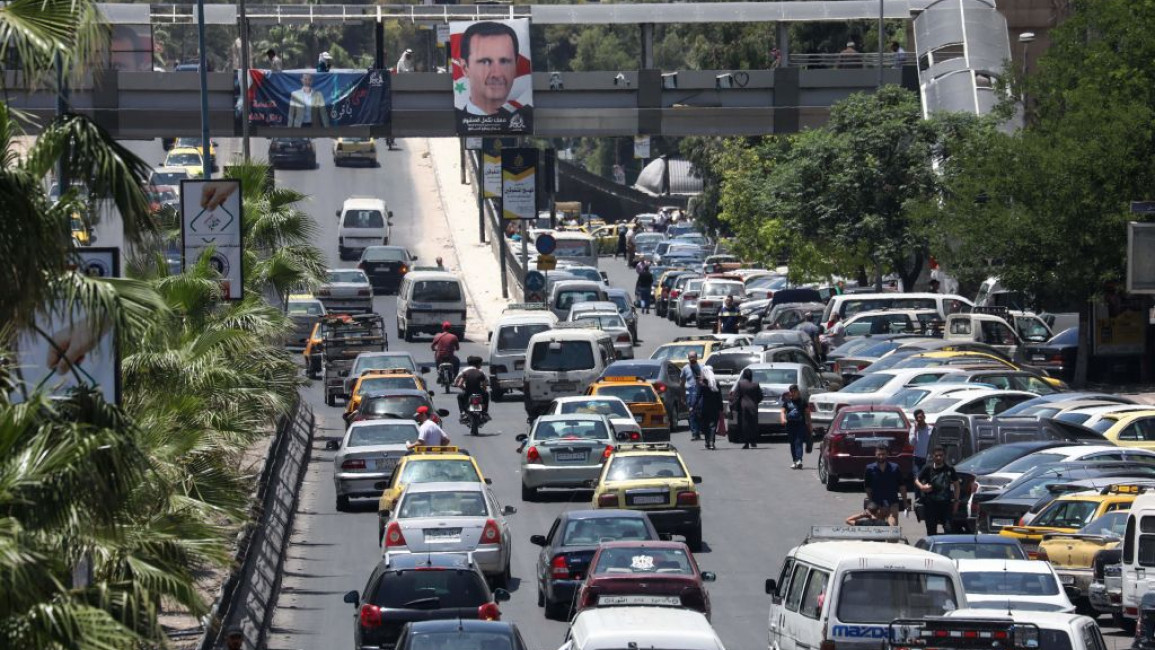Syrian returnees face 'gross human rights abuses': UN
Syrians returning to their war-torn country often suffer severe rights abuses, including torture and sexual violence, the UN said Tuesday, warning that women were particularly vulnerable.
A report published by the United Nations rights office, based on dozens of interviews with returnees and former returnees, depicts "an extremely bleak picture" they face once back in Syria.
It documented violations and abuses, including arbitrary detention, torture, sexual violence and abductions, carried out by the Syrian government, de facto authorities and other armed groups across the country.
Returnees, the report said, were more vulnerable to widespread abuses in Syria like having their money and belongings extorted and property confiscated.
UN rights chief Volker Turk said the "alarming picture" came amid the increasing number of deportations of Syrians from other countries.
The situation of these returnees raises serious questions about states' commitment to due process and the international ban on returning someone to a country where they could face torture, cruel, inhumane or degrading treatment or punishment, he said.
All returns to Syria must be "voluntary" and conditions should be put in place "for a safe, dignified and sustainable return", Turk added.
That is difficult in Syria, which has seen more than 500,000 people killed since its conflict erupted in March 2011, and where more than 90 percent of the population has been plunged into poverty, according to UN figures.
Yet Tuesday's report highlighted that many people were deciding to return amid swelling economic hardship, abuse and anti-refugee rhetoric in host countries.
Given the dire situation, the report voiced particular alarm at findings that women were sometimes being forced by their husbands or other male relatives to return to Syria to "test the waters".
"This conduct may be viewed in itself as a form of violence against women, while exposing them to a range of violations and abuses once back in Syria, such as gender-based violence, including sexual exploitation and abuse," it said.



